Researching rare, complex diseases requires a diverse team. With our academic, clinical, and patient partners, we work Together in Discovery.
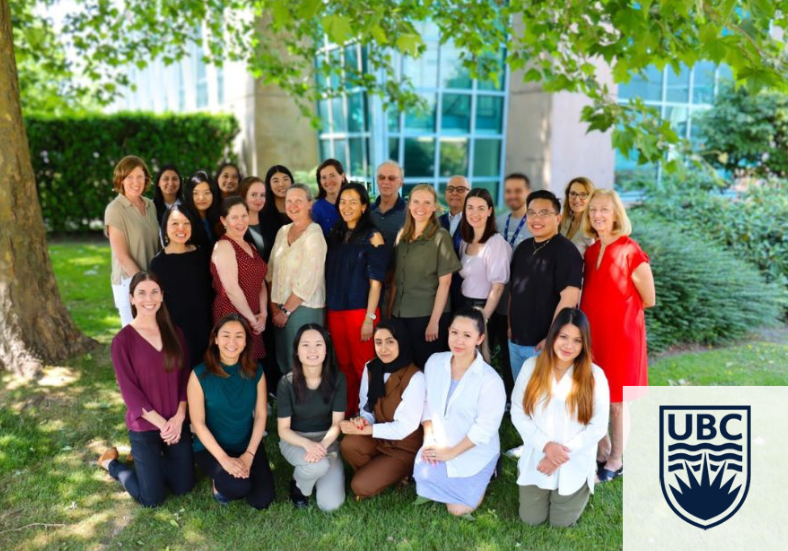
The UBC Division of Rheumatology was the first comprehensive clinical training program in ediatric rheumatology in Canada. The aim of the Division is to provide multidisciplinary care for children and adolescents with rheumatic diseases, to provide training for specialists in pediatric rheumatology, and to pursue knowledge about etiology, management and disease outcome, through clinical and basic research. The spectrum of rheumatic conditions includes juvenile arthritis, systemic lupus erythematosus, dermatomyositis, scleroderma, vasculitis, autoinflammatory diseases, inflammatory eye disease, and musculoskeletal pain syndromes.
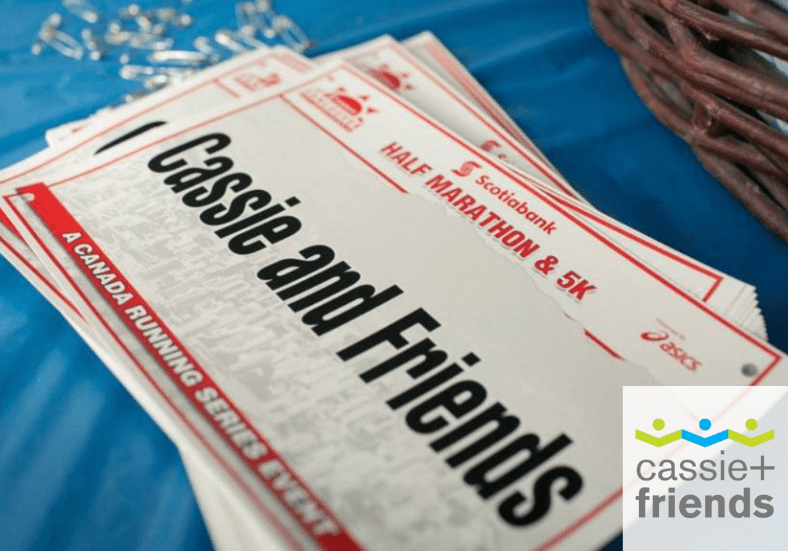
Cassie + Friends’ mission is to transform the lives of children and families affected by juvenile arthritis and other rheumatic diseases through research, education, connection and support. Working hand-in-hand with patients, caregivers, healthcare professionals and researchers across Canada, C+F has created a vibrant, engaged and connected community that helps kids, teens, young adults and their families face the ups and downs of life with a chronic condition – so that no child has to live in pain alone. C+F is the only charity in Canada focused 100% on kids and has raised nearly $3.5 million through the help of families, organizations and dedicated friends.

CAPRI was formed in 2007 by pediatric rheumatologists from across Canada who recognized the need for a research network to improve care for children with rheumatic diseases. CAPRI now includes pediatric rheumatologists and researchers from every children’s hospital in Canada and is committed to the pursuit of knowledge for the benefit of children and adolescents with rheumatic diseases.
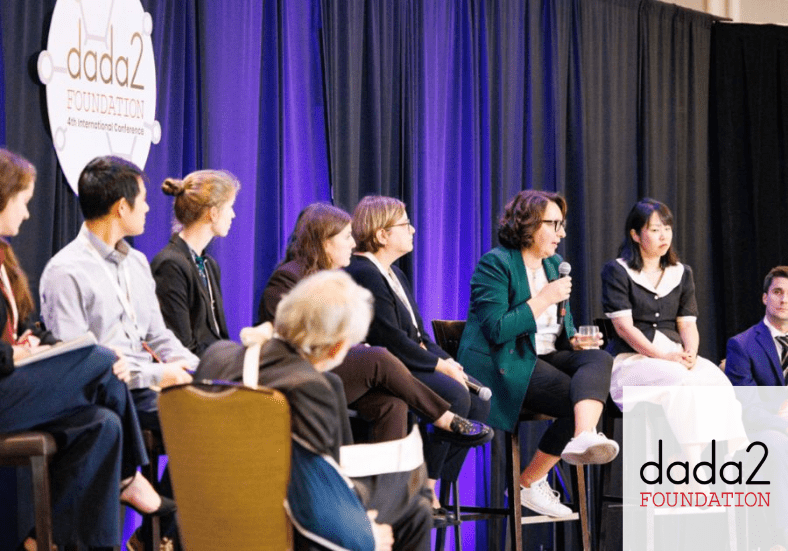
The DADA2 Foundation aims to find innovative ways for patients, families, physicians, researchers, non-profit organizations, government, academia, biotech and pharma to: accelerate research into the rare and recently discovered (2014) disease called Deficiency of Adenosine Deaminase 2 (DADA2), to raise awareness about the condition, and to improve the lives of DADA2 patients around the world.
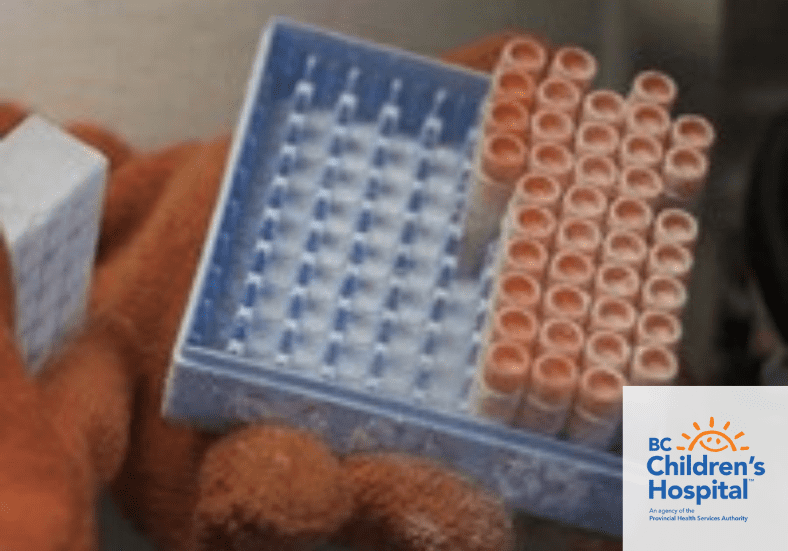
With the help of the BC Children’s Hospital Biobank, the Brown Lab has created a bank of samples from children and their families that can be used for research, with the ultimate goal of improving treatment and preventing diseases.
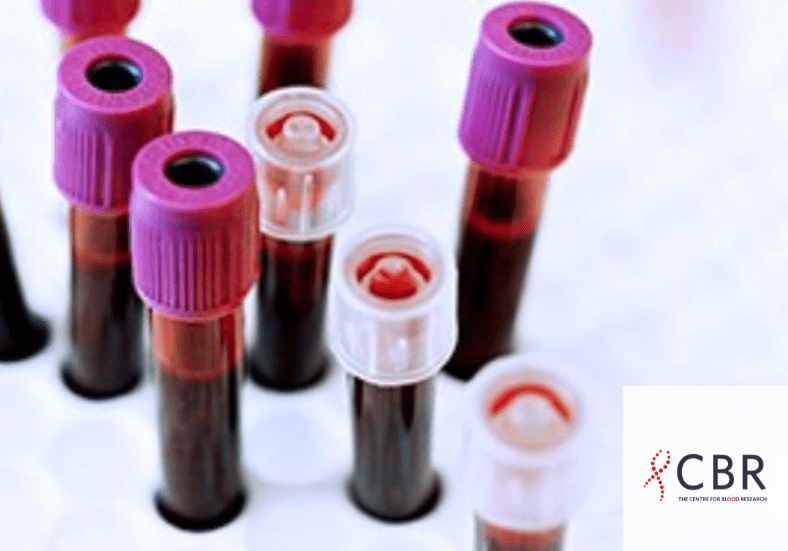
The CBR is a multidisciplinary biomedical research institute consisting of more than 40 research groups that work together to improve the health and well-being of patients by performing innovative research in blood and blood-related processes.

In 2020, the UBC Faculty of Medicine established the Academy of Translational Medicine with the mission to create a smoother, shorter path for biomedical discoveries to meet patients in the form of access to the best possible therapies, devices, and diagnostics. The academy connects researchers and fosters collaboration along a translational pipeline that would enable local researchers to more quickly move their discoveries into real-world practice.
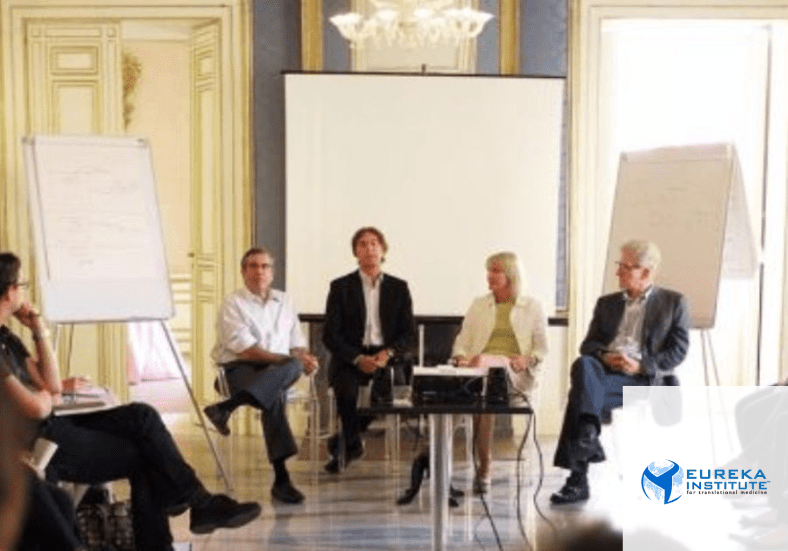
EUREKA is an international institute, network, and training program with a mission to build a global community of translational medicine professionals. Dr Brown is a graduate of the EUREKA Translational Medicine Certificate Program, active mentor in EUREKA’s training program, and a contributing author to ‘The Silent Cry: How to turn Translational Medicine towards patients and unmet medical needs‘.